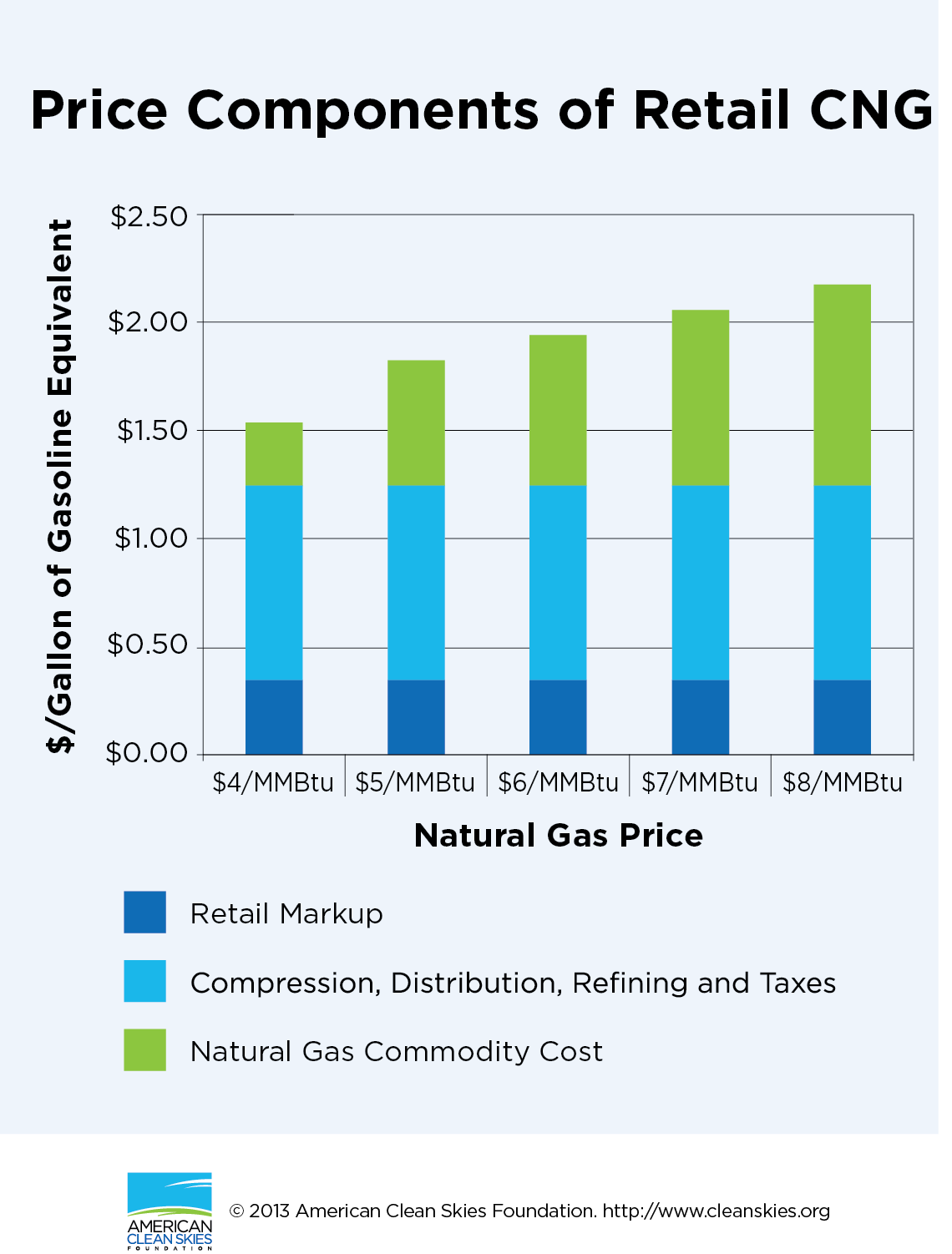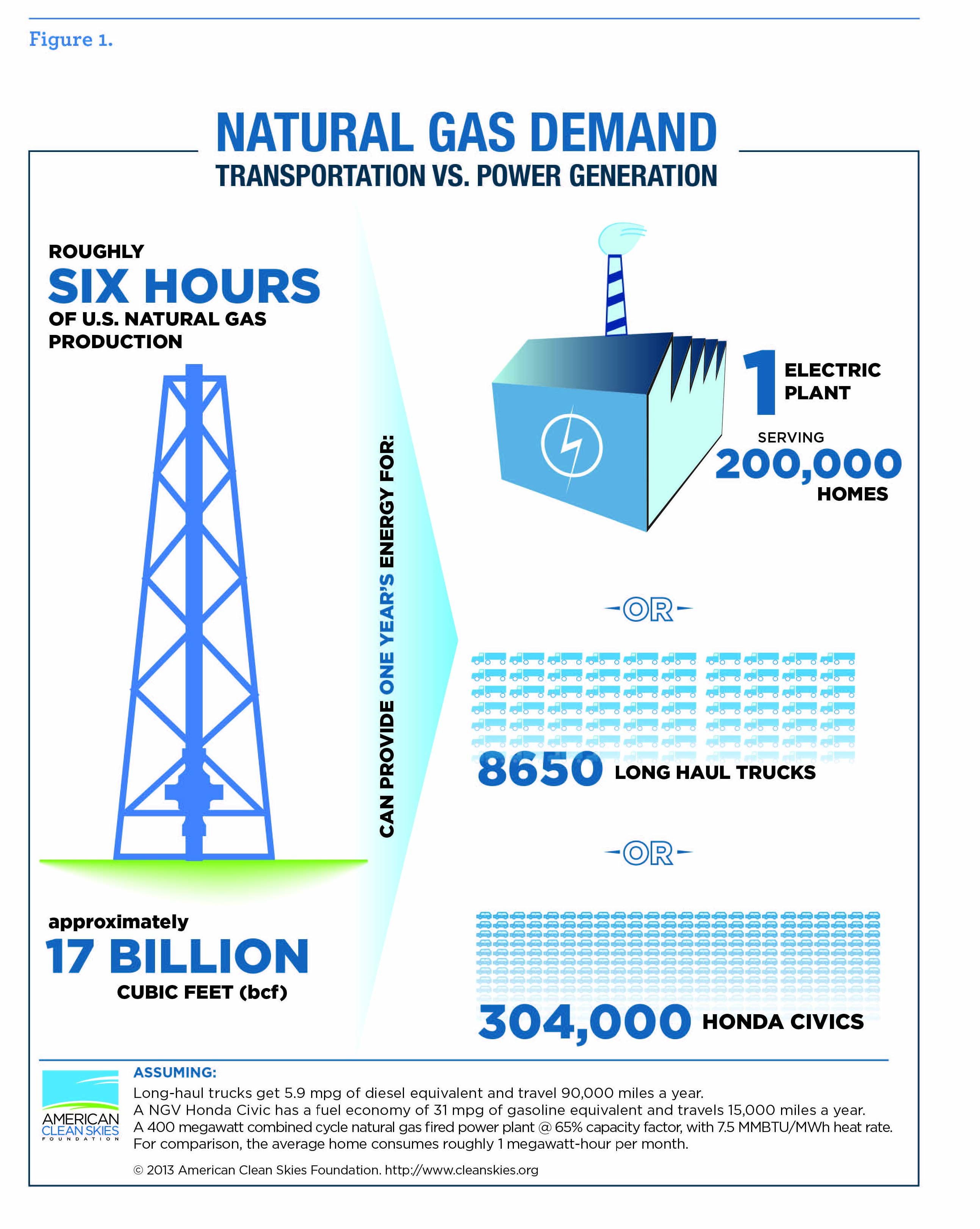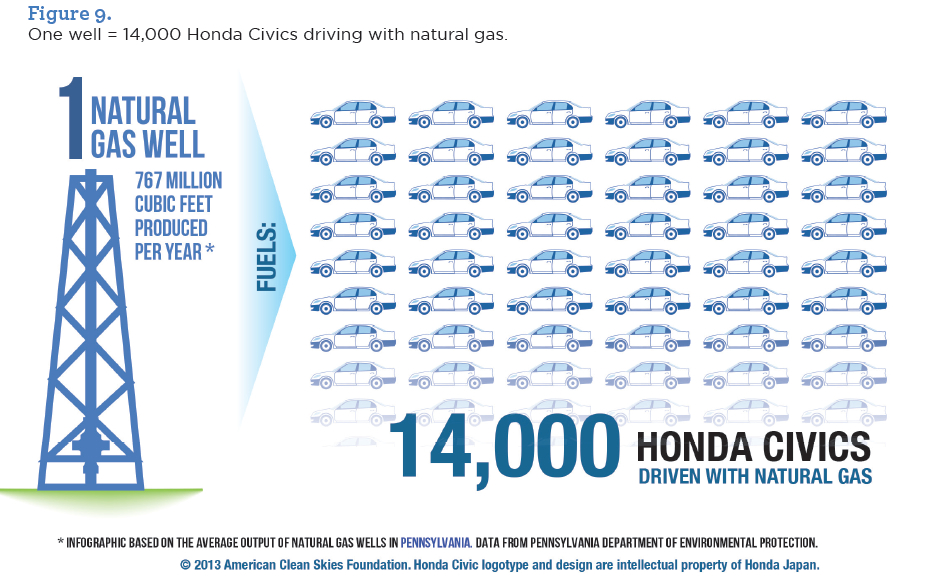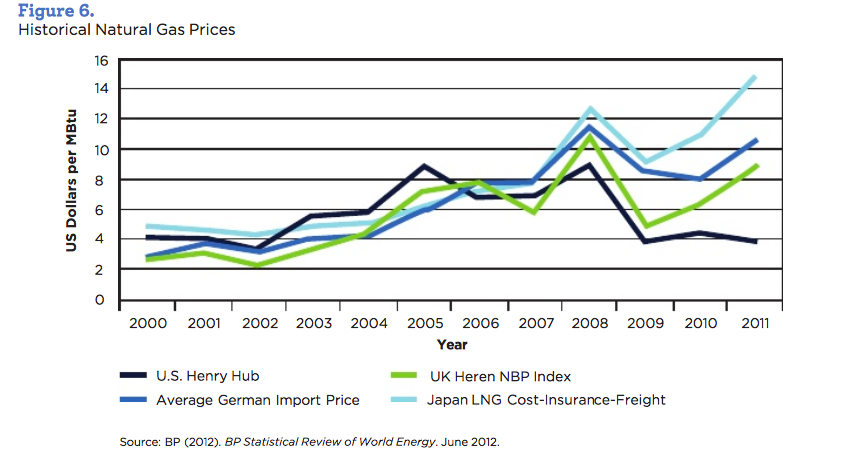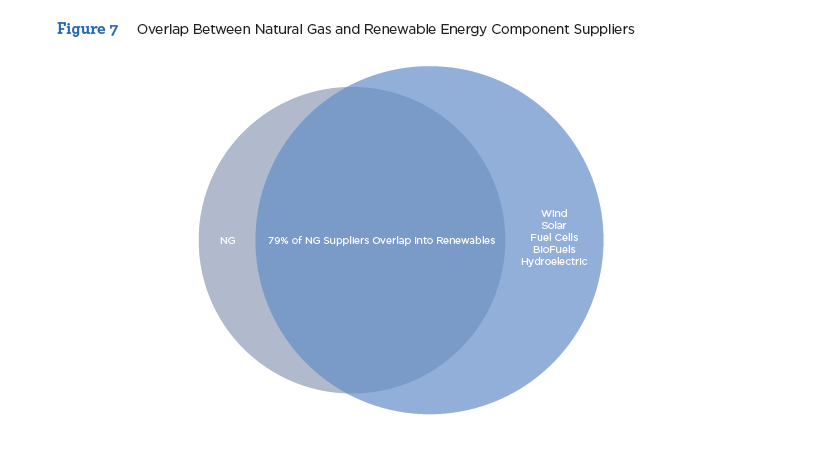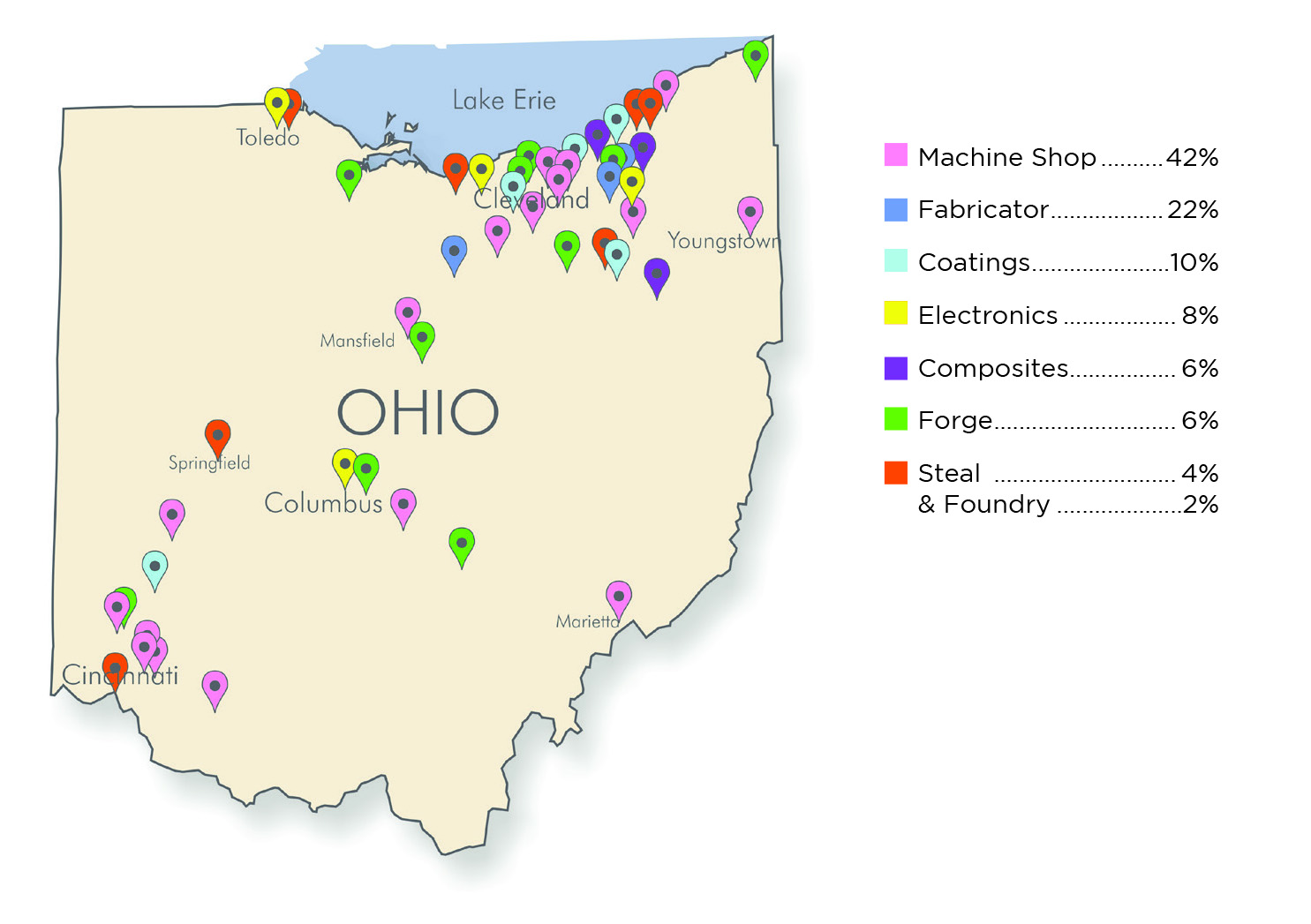March 2015 Obama Order on Sustainability Practices For Federal Agencies Builds On Green Procurement Proposals Made In ACSF’s Landmark Oil Shift Report

On March 19, President Obama issued a new Executive Order, “Planning for Federal Sustainability in the Next Decade,” which directs federal agencies to cut their greenhouse gas emissions by 40 percent by 2025. The new EO focuses on efficiency improvements, increased renewable electricity use and reductions in greenhouse gas emissions associated with energy used at federal facilities and in agency motor vehicle fleets.
Importantly, however, the EO also includes new requirements for measuring and reducing the greenhouse gas footprint of the federal supply chain. In future purchases, the seven largest procuring agencies must now plan to include, as appropriate, contract requirements for vendors or evaluation criteria that consider contractor emissions and greenhouse gas management practices.
The American Clean Skies Foundation applauds the adoption of these new supply chain management requirements. This new guidance reflects the recommendations of ACSF’s 2012 Oil Shift report, which the Foundation issued to encourage the federal government to reduce its environmental footprint. ACSF’s landmark report urged federal agencies to apply to third-party suppliers the same kinds of alternative fuel targets, efficiency standards and reporting practices they applied to their own vehicle fleets.
The Foundation has worked to urge the Department of Defense, the General Services Administration, and other federal agencies to value cleaner fuel use when awarding new multi-billion dollar contracts, and we look forward to continuing the focus on ways we can help the federal government purchase greener, more fuel efficient, lower cost shipping and delivery services.
The new Executive Order is available here: https://www.whitehouse.gov/the-press-office/2015/03/19/executive-order-planning-federal-sustainability-next-decade
California Renewable Energy: The foundation is working to expand market access to renewable energy for California companies.

Renewable Power Direct: Supplying Renewable Electricity To Commercial & Industrial Customers With Wholesale Term Contracts

DoD Urged to Value Cleaner Fuel Use in $2.5 Billion Contract Choice
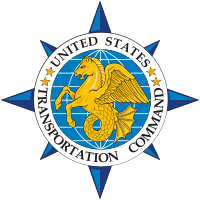

In October 2013, ACSF brought its campaign to reduce Uncle Sam’s costly oil spend to the Department of Defense (DoD) discussion regarding its upcoming Worldwide Express (WWX-6) delivery services contract. WWX-6 is likely to be the largest package delivery contract ever awarded by the federal government, worth over $500 million annually for 5 years.
In a memorandum to DoD, ACSF said that because federal agencies are now required by law to consider oil consumption and dangerous air emissions in awarding new transportation contracts, WWX-6 provides an exceptional opportunity for the government to lead by example.
In particular, ACSF said that both Executive Order 13514 and the Department’s own Strategic Sustainability Plan and Green Procurement Program oblige DoD to prefer vendors that can meet DoD’s transport needs while simultaneously advancing environmental and energy security goals. For example, to meet DoD’s multiple objectives, vendors can expand the use of alternative, cleaner transportation fuels, such as natural gas and electricity. That is likely to improve air quality, create more domestic jobs and curb the vast transfer of American wealth to oil-rich nations in the Middle East.
The Foundation’s DoD contract initiative builds on the group’s June 2013 letter urging the U.S. General Service Administration (GSA) to factor environmental and energy security objectives into the process for awarding the new $1.5 billion domestic delivery service contract for federal agencies, known as DDS-3.
On December 30, 2013, the Foundation submitted this memorandum (download PDF) to USTRANSCOM, the purchasing arm of the Defense Department (DOD), in response to the release of a December 13 Draft Performance Work Statement (PWS) for DoD’s Worldwide Express (WWX-6) delivery service contract.
GSA To Spur Alternative Fuel Vehicles In $1.5 Billion Contract for Deliveries

 An upcoming five-year government-wide contract for package delivery services is a prime opportunity for the Obama Administration to make good on commitments to reduce America’s oil dependence and cut greenhouse gas emissions related to contract transportation services.
An upcoming five-year government-wide contract for package delivery services is a prime opportunity for the Obama Administration to make good on commitments to reduce America’s oil dependence and cut greenhouse gas emissions related to contract transportation services.
It’s time for the government to be a trendsetter for clean fuel trucking by starting at its own loading docks. GSA’s next government-wide contract for package delivery services known as DDS3 should have annual targets for increasing the use of alternative fuels and provide contract incentives for superior environmental performance.
What is DDS3? Read our FAQ.
Read the press release
GSA Releases Final RFQ for DDS3
ACSF’s Letter to Acting GSA Administrator Daniel M. Tangherlini
ACSF’s Memorandum to GSA
Vice Admiral Dennis V. McGinn, USN (Ret.), ACORE CEO and President, Letter of Support
Graham Richard, Advanced Energy Economy CEO, Letter of Support
Brian P. Wynn, Electric Drive Transportation Association President, Letter of Support
[sharethis]
Driving on Natural Gas: Fuel Price and Demand Scenarios for Natural Gas Vehicles to 2025

Our new report finds that a transition to natural gas-fueled heavy duty and light duty vehicles over the next decade will have a minimal impact on natural gas prices. The report uses three scenarios to calculate potential natural gas demand and price impacts attributable to natural gas vehicles (NGVs).
Full Report
Download PDF • Request Print Copy
- Figure 5: Price Components of Retail CNG
- Figure 1: Natural Gas Demand, Transportation vs. Power Generation
- Figure 9: One Well=14,000 Honda Civics Driving with Natural Gas
Post-Election Prospects for Natural-Gas-Fired Generation

The Future of Natural Gas: An Interdisciplinary MIT Study
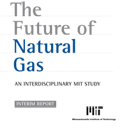
ACSF and several other groups initiated and sponsored the report. The other groups included the MIT Energy Initiative (MITEI) members Hess Corporation and Agencia Naçional de Hidrocarburos (Colombia), the Gas Technology Institute (GTI), Exelon, and an anonymous donor. Gregory C. Staple, the Foundation’s CEO, served on the report’s 18-person advisory committee. Incoming Energy Secretary Ernest J. Moniz, former MITEI director, testified before the U.S. Senate Committee on Energy and Natural Resources about this report.
Full Report
Download PDF • Request Print Copy
In the Press
Ernest Moniz, MIT Physicist, Nominated as Energy Secretary: The Washington Post, March 4, 2013
An M.I.T. Plan for Natural Gas with Planet in Mind: New York Times, June 9, 2011
MIT: Natural Gas to Become More Entwined in US Economy: SNL Financial, June 9, 2011
Natural Gas Gives Edge to US Manufacturers: Financial Times, June 8, 2011
The Future of Natural Gas: Geology.com, June 28, 2010
Does Our Energy Future Line in Natural Gas?: Consumer Affairs, June 28, 2010
The Future of Natural Gas: RedOrbit, June 28, 2010
Offshore Drilling Uncertainty Likely to Boost Search for Onshore Deposits: allvoices, June 28, 2010
Study Says Natural Gas Use Likely to Double: New York Times, June 25, 2010
MIT Study Urges US Gas Industry to Back Price on Carbon Emissions: Platts, June 25, 2010
For Climate Relief, US Will Turn to Gas: Nature.com, June 25, 2010
MIT Researchers See Natural Gas as the Choice for Lower Carbon Emissions: New York Times, June 25, 2010
MIT: The Future Is A (Natural) Gas: Forbes, June 25, 2010
Natural Gas Seen as Key in a Carbon-Constrained Futuree: Greentech Media, June 25, 2010
MIT Releases Major Report: The Future of Natural Gas: PhysOrg.com, June 25, 2010
MITEI-Led Study Offers Comprehensive Look at The Future of Natural Gas: MIT News, June 25, 2010
Natural Gas Use to Double in US in Coming Decades: MIT Report: Treehugger, June 25, 2010
European Views On American Natural Gas Exports
This strategic primer highlights the joint economic and security interests the United States and Europe have regarding the export of liquefied natural gas (LNG). It details the major transatlantic connections underlying the export debate.
Full Report
Download PDF • Request Print Copy
- Figure 6: Historical Natural Gas Prices
Lessons from Ohio: Building a Clean Energy Supply Chain

By Ed Weston and Mathew Bramson of WIRE-Net.
What has Ohio’s experience taught us about energy-related manufacturing in America? Work in energy is providing significant revenue to most manufacturers, especially those serving clean energy markets. Energy markets are also attracting investment in new machinery and facilities, which is creating good manufacturing jobs and the positive feelings about the energy drivers of these jobs. Read more.
Download Full Report (PDF) | Request Print Copy
Full Report
- Figure 7: Overlap Between Natural Gas and Renewable Energy Component Suppliers
- Figure 1: Ohio Clean Energy Manufacturing Map
Oil Shift: The Case for Switching Federal Transportation Spending to Alternative Fuel Vehicles


-
Get Involved
- Learn About the Contracts
- Read the Oil Shift Report (PDF)
- FAQ
- Events
- Contact Us

The GSA Agrees
The GSA recently decided to adopt provisions of our plan by including clean fuel and environmental metrics in its upcoming $1.5 billion government-wide overnight delivery contract. Read our press release, and our original letter to GSA’s Administrator.
We are helping federal agencies purchase greener, more fuel efficient, lower cost shipping and delivery services.That will put more clean trucks on the road in 2015.
How It All Began
In 2012, we launched a new campaign to cut back the level of harmful pollution associated with hauling freight and packages to and from the federal government — a $150 billion a year business.
Our landmark 2012 Oil Shift report by Gregory C. Staple and Warren G. Lavey made the case for switching federal transportation spending to alternative fuel vehicles. The report showed how the government could do that better by shifting more and more of its trucking and overnight delivery contracts to vendors that have more efficient fleets and use greater volumes of alternative non-petroleum fuels, such as natural gas and electric vehicles.
Our Oil Shift campaign has generated support from a broad range of organizations including the Electric Drive Transportation Association (EDTA), the American Council on Renewable Energy (ACORE), and the Advanced Energy Economy (AEE). We also garnered endorsements from leading environment and public health advocates.
Washington has begun to listen. First, GSA decided to adopt provisions of our plan by including clean fuel and environmental metrics in a $1.5 billion government-wide overnight delivery contract. Then, on March 19, 2015, President Obama issued a new Executive Order on federal sustainability that, among other things, includes requirements for considering environmental impacts in the future procurement decisions of the seven largest procuring agencies.
The Road Ahead
We have asked the Department of Defense to make cleaner domestic fuels a priority for its transport vendors. With your help, we can improve air quality, create more American jobs, and promote energy independence.
Natural Gas for Marine Vessels: U.S. Market Opportunities

As diesel fuel costs become higher and more volatile, the transportation sector is buzzing about the potential for natural gas to move our goods and services. Most of the talk has focused on fleet vehicles and heavy-duty trucks. This winter ACSF commissioned a review of the maritime market opportunities for natural gas. The study offers the first in-depth look at the challenges and prospects for converting U.S. marine vessels to liquefied natural gas (LNG).
A PDF of the report is available for download here (36 pages).

